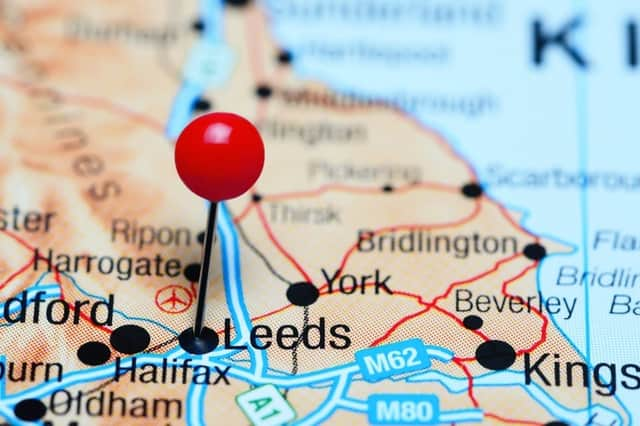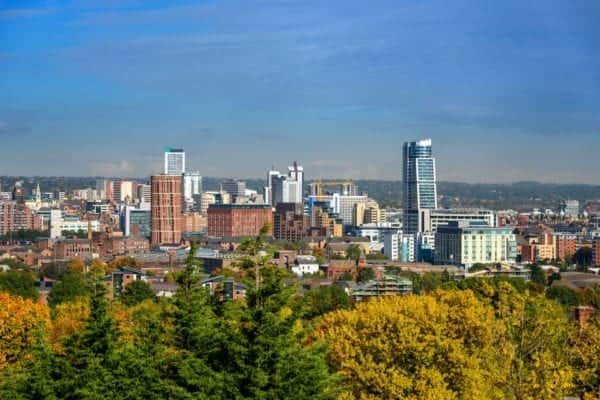Why are people from Leeds called Loiners? Yorkshire slang explained


The Yorkshire dialect can be tricky to understand if you’re not from the area, and with so much variety across the region, it’s easy to be confused by some of our unique turns of phrase.
Even if you're local, you might be surprised to learn the origins behind some of the city's signature slang.
Loiners


Advertisement
Hide AdAdvertisement
Hide AdThe term Loiners has long been used to refer to natives of Leeds.
While its exact origin still remains unknown, there are three competing theories to explain how the nickname came about.
The most common theory is that it could stem from the name Loidis, which was used in the 8th century to refer to the district around modern day Leeds.
Loidis later became known as Ledes or Leedes, and eventually Leeds.


Advertisement
Hide AdAdvertisement
Hide AdAnother theory suggests that in the 19th century there were many yards and closes around Briggate, the back entrances of which were known as 'low ins' or 'loins', sparking the term Loiner.
And a third argument has it that locals used to refer to streets around the Briggate area as ‘loins’ (a corruption of ‘lanes’) and the people who gathered to gossip in these were consequently named Loiners.
Mardy
Thanks to the Arctic Monkey’s song Mardy Bum, this word - used to describe someone as moody, sulky or stroppy - has probably become familiar outside of the North.
Derived from ‘mard’ or ‘marred’, meaning spoiled, it is commonly combined with other words to sum up someone’s bad mood.
Bray
Advertisement
Hide AdAdvertisement
Hide AdOriginally from the Old French ‘breier’, this word means to hit or beat something (or someone) and is predominantly only heard in Yorkshire.
Monk on
Not a million miles away from mardy, this phrase is used to describe someone who is grumpy or sulky
The expression is thought to have come from the 19th century phrase ‘get [one’s] monkey up’, meaning to be angered.
In the 8th century Leeds was known as Loidis - which might explain why Leeds locals are now called Loiners (Photo: Shutterstock)
Ginnel
Advertisement
Hide AdAdvertisement
Hide AdUsed to describe a narrow passage between buildings, most people might be more familiar with the term alleyway.
Originating from the 17th century, ginnel it is thought to be a corruption of the French word ‘channel’.
Ey up
A popular greeting phrase you will likely have heard more than once around Leeds, 'ey up' is originally thought to be of Old Norse origin.
While it is common in Yorkshire, it is also widely used in the Midlands and Staffordshire – although the phrase ‘ey up mi duck’ is more typical around these parts.
Thissen
Advertisement
Hide AdAdvertisement
Hide AdA combination of Middle English ‘thy’ (meaning ‘you’) and sen (meaning ‘self’), thissen is a reflexive pronoun frequently used in Yorkshire to refer to one’s self.
‘Sen’ is also commonly used on its own when a person is referring to themselves.
Nithered
Used to describe the feeling of being extremely cold, this term was first heard in the 17th century and is commonly used both in the North of England and in Scotland.
Bobby dazzler
A complimentary phrase used to describe something or someone that is considered outstanding, striking, or attractive, this term is an expansion of the mid-19th century word ‘dazzler’, which essentially has the same meaning.